“I carry agriculture as an inheritance. It’s in my blood, in my thoughts, because I grew up with it”
Rafael Chanchari is the leader of Nuevo Chacatán, a Shawi community located between the cities of Iquitos and Nauta, that preserves its traditional way of life. Recently, we had the opportunity to visit it and work together to recover the ancestral practice of chacras integrales.
Listening to this elder, teacher and plant healer, is a privilege. His reflections on his culture, his critical view of the changes he has witnessed and his questioning of the ideas of progress that prevail in our society invite us to see the world through his thoughts. Join us in the following lines to read the words of this shawi elder.
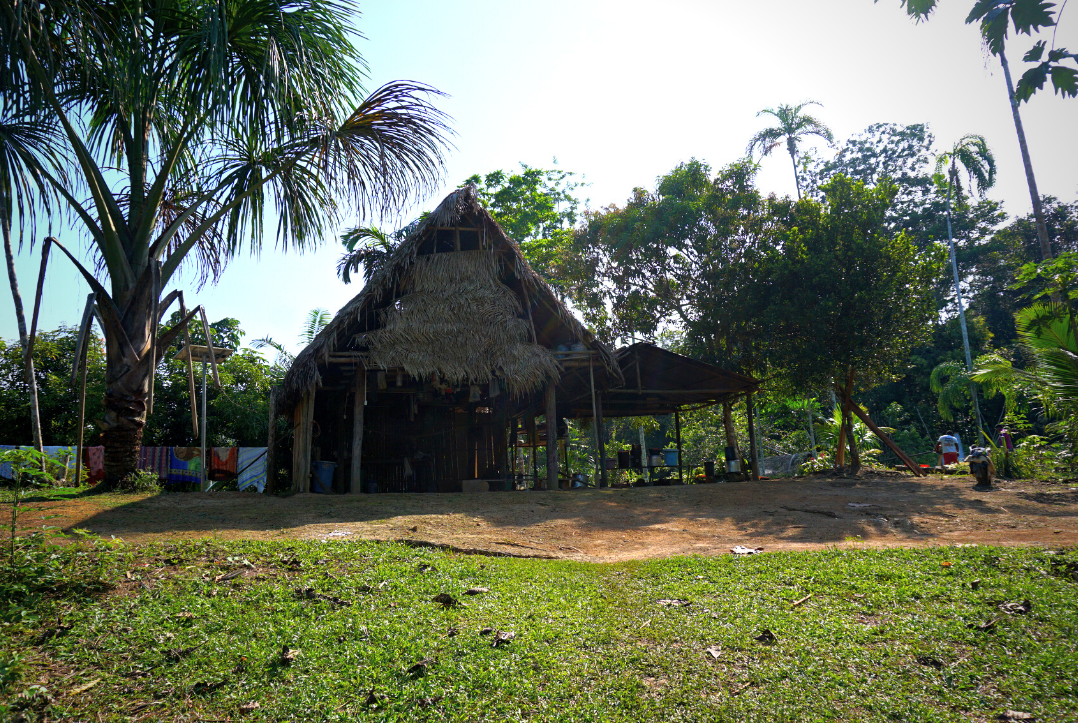
"I am 60 years old. All my childhood until I was 15 years old, I lived with my parents. In those times there were not many people. There were not as many schools as now... so my parents worked in the chacra, they planted cassava and when it was low season, they also planted plantain and corn. All in one farm. They also planted sugar cane, sweet potato, pumpkin. My mother was already thinking about the future" [...] "They say that those pumpkins are now bearing fruit. Now the community eats them. My nephews and nieces who are there now eat them"
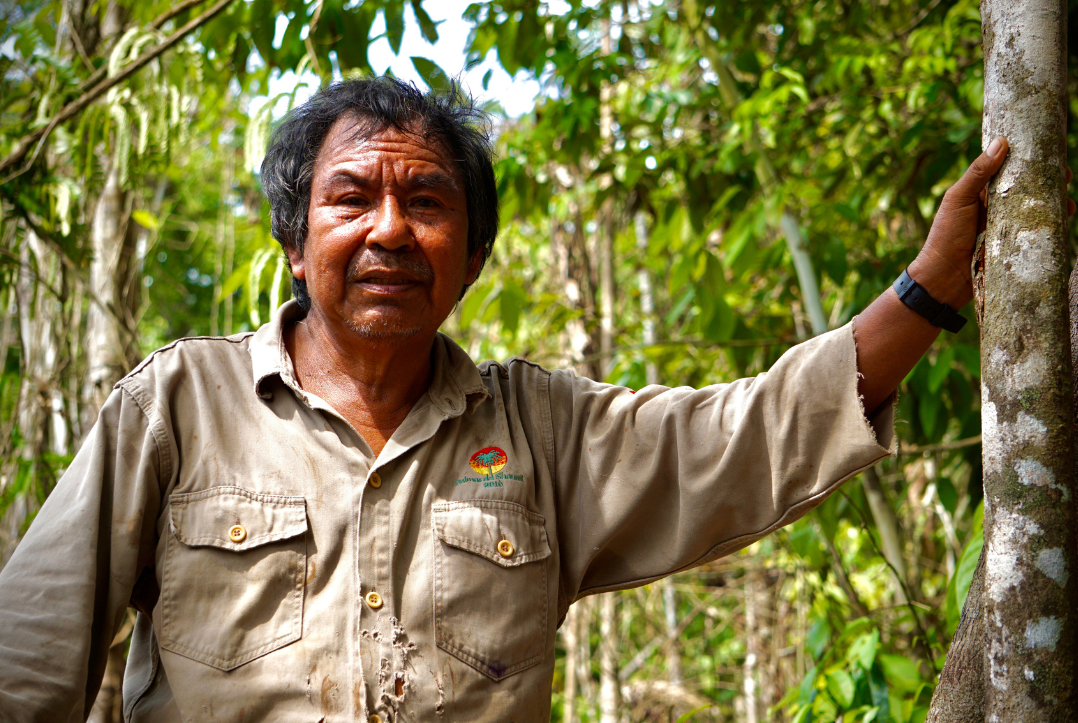
"At that time, in my mother's time, it was not necessary to sell wood for timber, we did not use wood to saw or sell the trunk. They only planted cedar and mahogany because they used it to make canoes.“
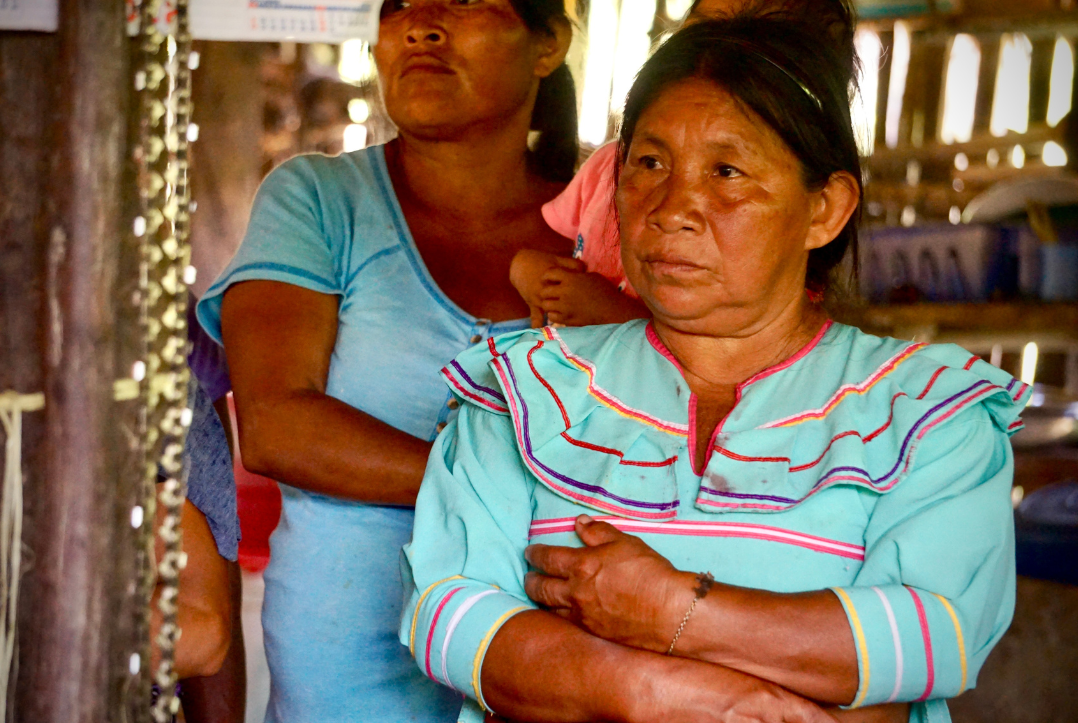
“Now young people are already thinking about getting a job before cultivating. Instead of having a “chacra integral” they are thinking about earning a day's wage " [...] "They are not thinking about having a “chacra integral” because education also intervened. Education intervened by telling us “get ready, educate yourself. Learn to write, learn to read, learn to add. Learn to speak Spanish and you will be less of a shawi dedicated to the farm. Look at how your parents are doing”. Our parents were very happy working in the chacra, but the school was already rejecting and saying that this work was not good. Without the teacher realizing that every day he is also eating yucca and plantain, he is drinking masato, cocona, all of which are produced on the farm”.
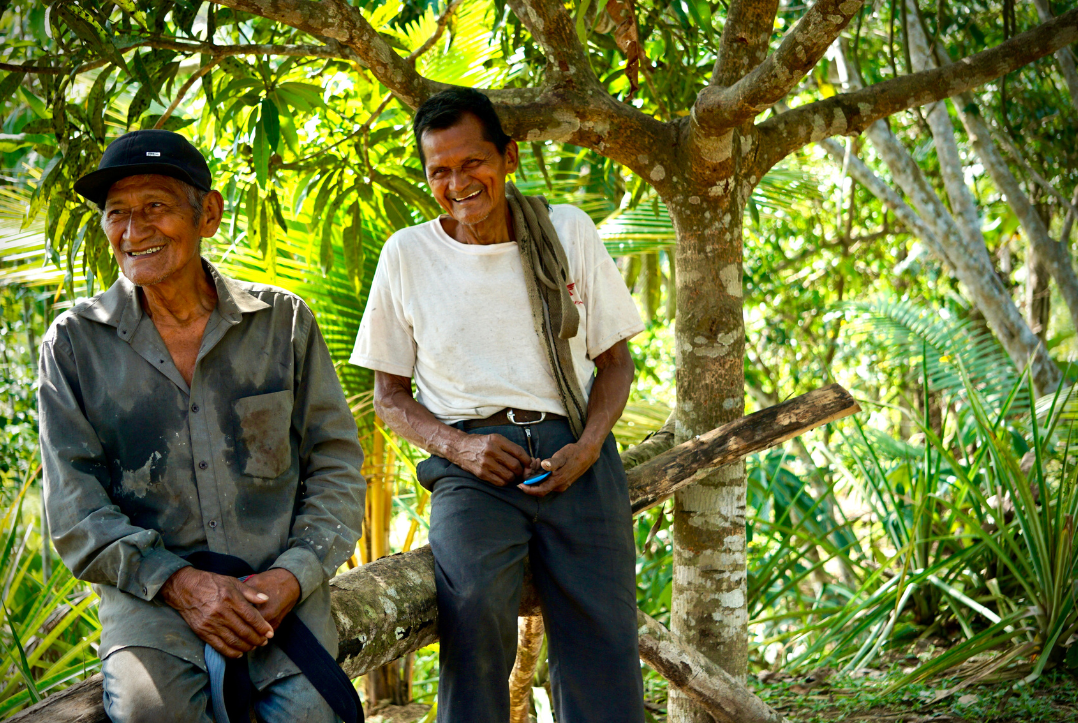
“Agriculture is the basics. Farming gives you a lot of knowledge. Agriculture gives you a moral profession because what you harvest you have to share. There is solidarity, co-operation, union among the family, so that there is no rupture, no discrepancies. Agriculture unites. You create a family bond”
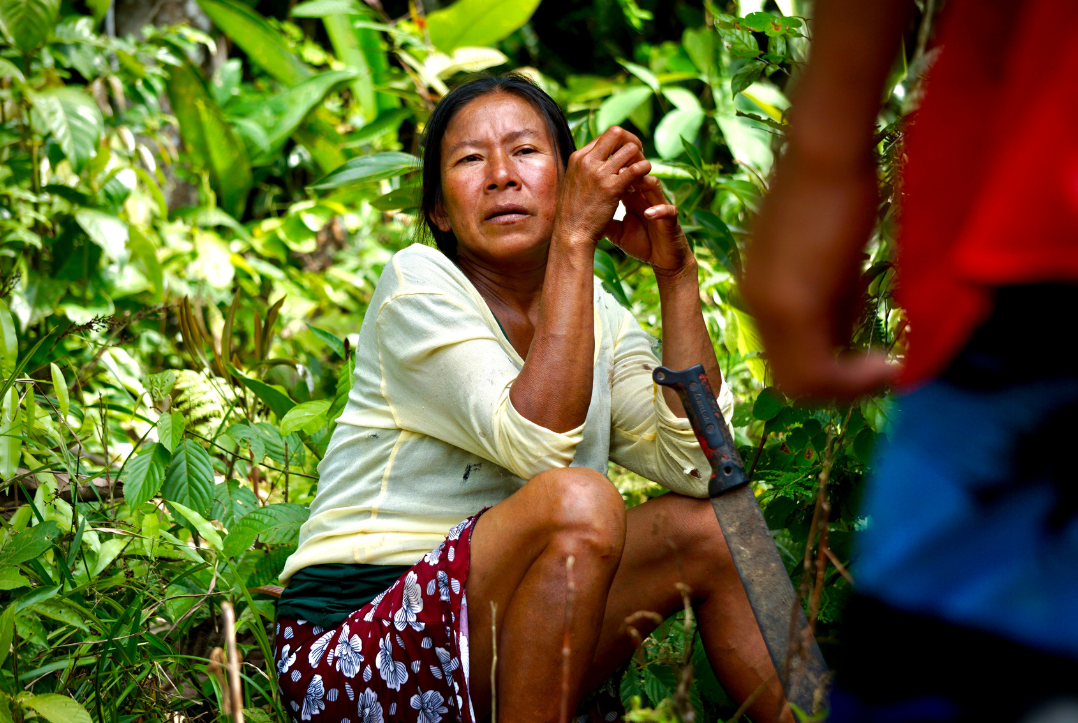
“I see that it is no longer a stable life like before, when they cultivated their land and had enough to eat. Now the Shawi people already have a highschool education, they have finished primary school, some are technicians, some are teachers. However, they are no longer farming. Instead of developing or progressing or dedicating their time to their crops and polycultures, now they prefer to work and earn money that will not last”
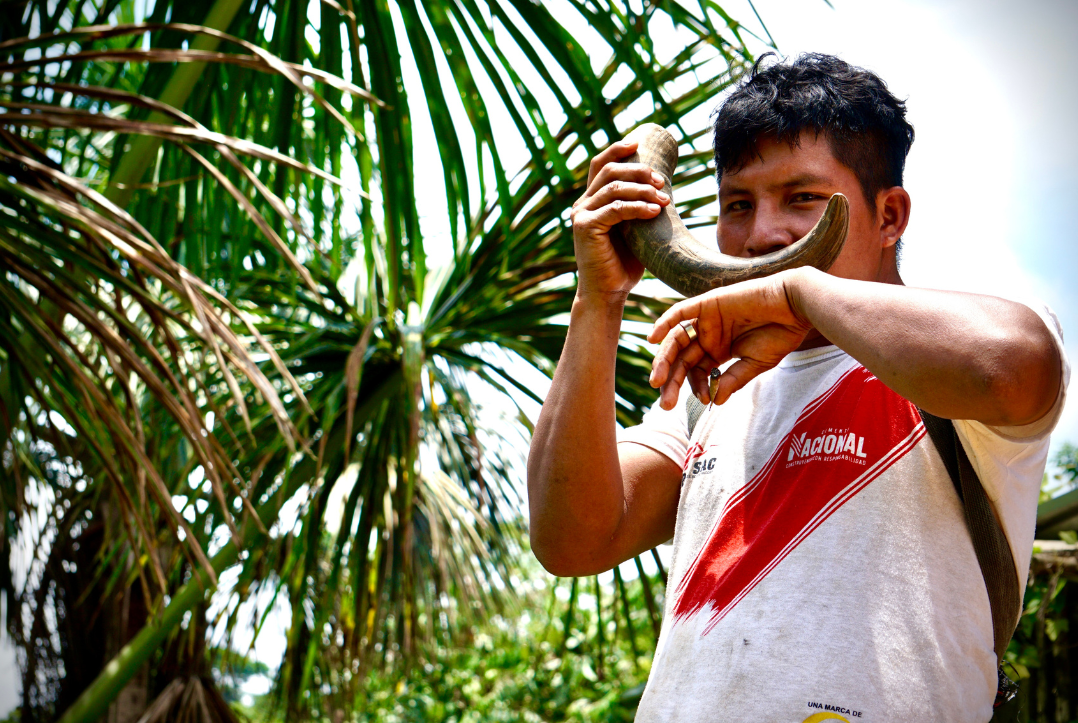
“When we say that we are providing education to improve the lives of indigenous peoples, do you know what the people of the community are thinking? That my children no longer have to be farmers like me, they can be engineers, they can be teachers, they can be nurses, technicians, policemen or women or other professions. Only then you will see the quality of life, with the salary, in quotation marks [...] But we can not read the minds of the students. (they think) “Of course, I come here to study to improve my living conditions, to be a teacher”. When a parent hears about this perspective, they will say too “of course, that is improving their quality of life, for my children to be professionals”
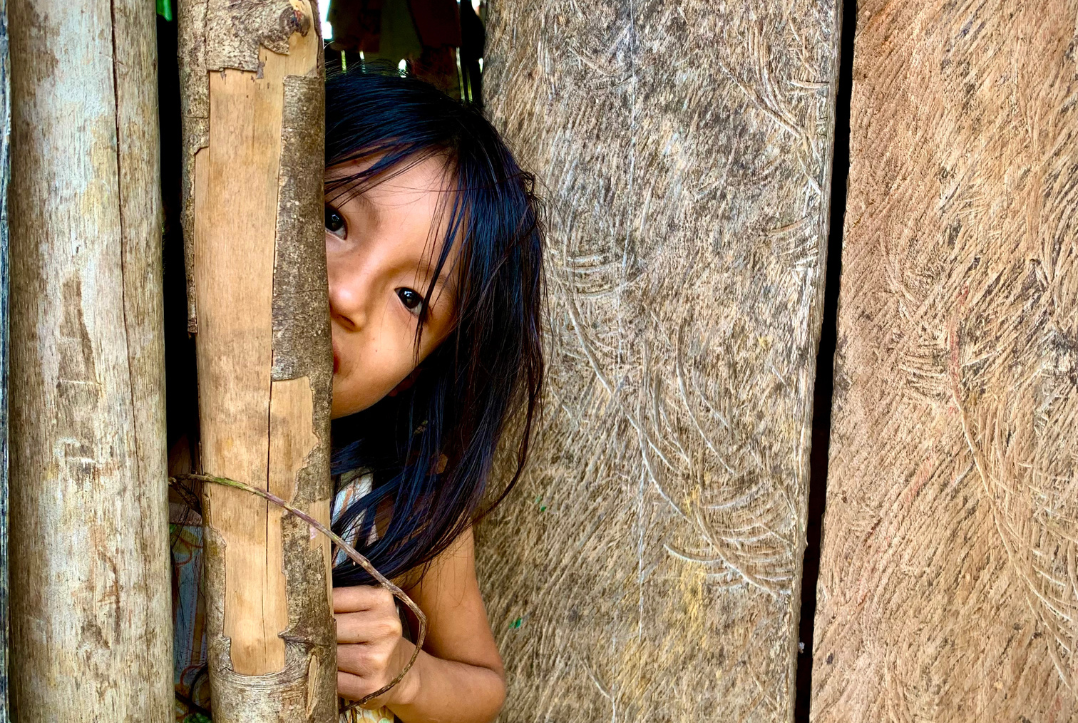
“I think, in response to everything that is said, that to really improve we should not give up agriculture, our identity, our language, or any of the cultural aspect that belong to us and our rights.”
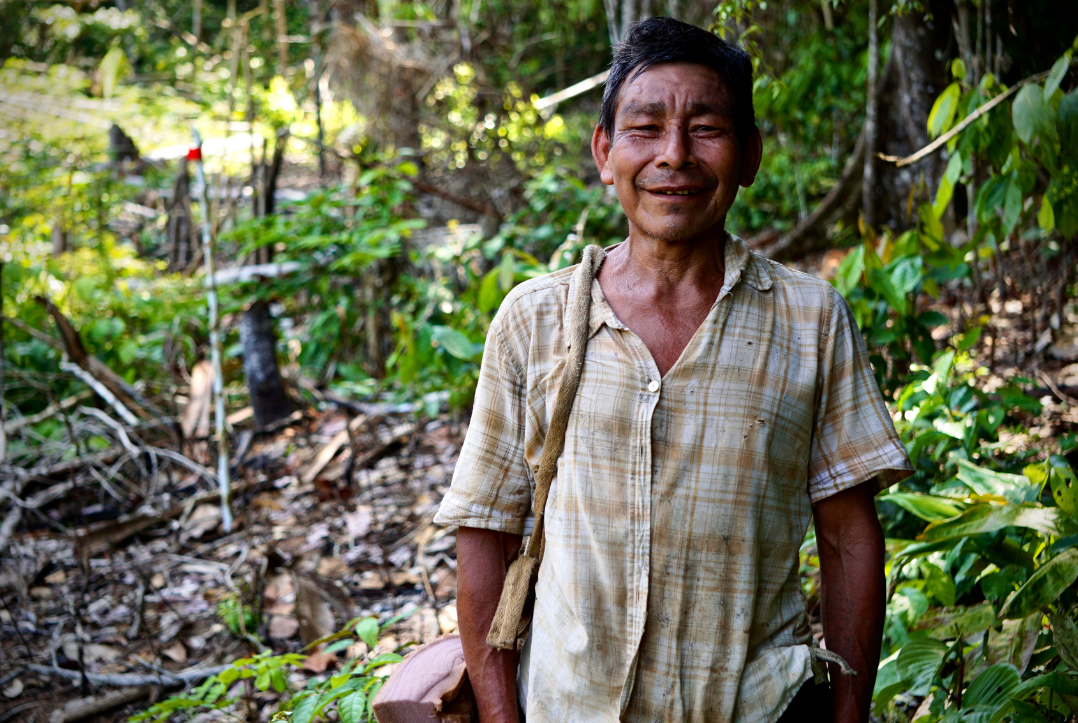
This Shawi community now have 2 hectares of chacras integrales in their community. If you would like to help more communities to recover their ancestral forest farming practices, support our project "Ayni, Regenerative Food Forest in the Amazon" by clicking here.

